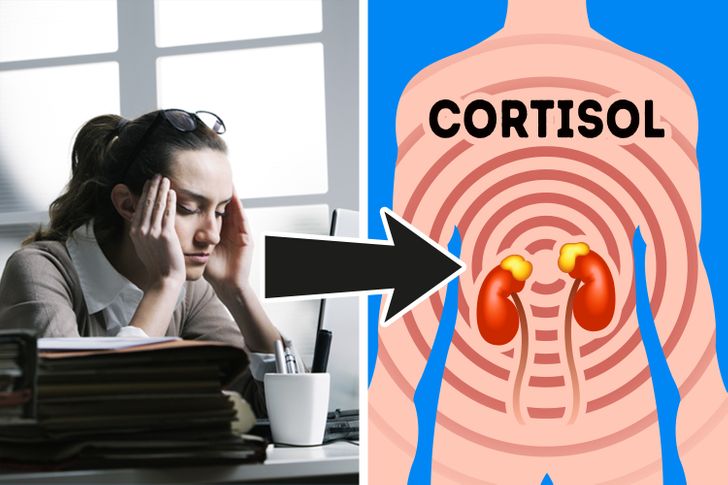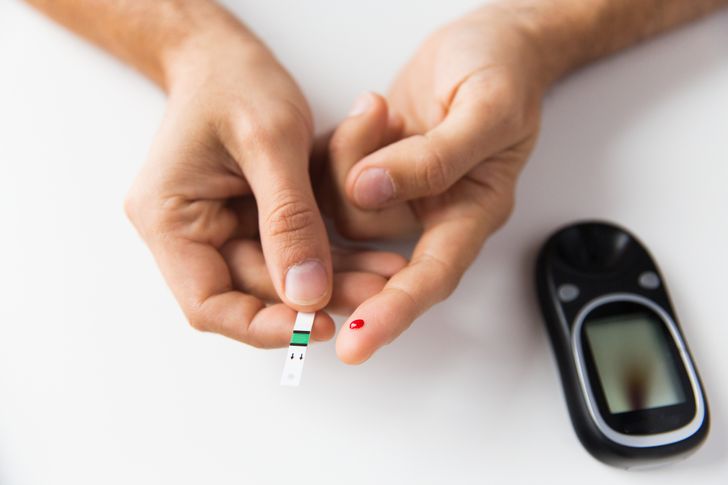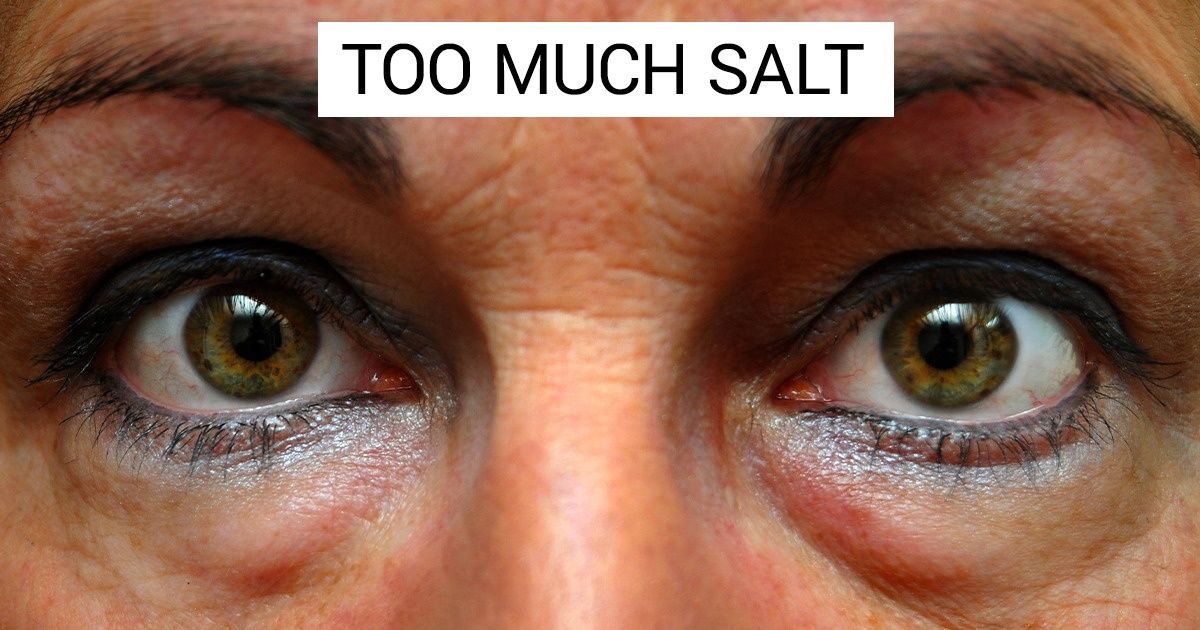In today’s health-conscious world, many individuals struggle with unexpected weight gain despite maintaining a balanced diet and regular exercise routine. One of the less-discussed factors influencing weight is our hormones. Hormonal imbalances can significantly affect metabolism, appetite, and fat storage, leading to persistent weight gain. This article delves into the seven hormones most commonly associated with weight gain and provides science-backed strategies to manage their effects. By understanding how hormones like melatonin, ghrelin, leptin, estrogen, progesterone, cortisol, and insulin work, you can take practical steps toward a healthier, balanced lifestyle.
A wealth of research from institutions like Harvard Health and Mayo Clinic underscores the importance of hormonal balance in weight management. Along with dietary modifications and lifestyle changes, addressing hormonal imbalances can pave the way for sustainable weight loss and improved overall well-being.
Which Hormone Causes Weight Gain
Melatonin: The Sleep Hormone’s Role in Weight Management
Melatonin is widely recognized for regulating sleep-wake cycles. However, its impact on weight gain is often underestimated. Adequate melatonin levels ensure proper sleep quality, which in turn supports healthy metabolism and appetite regulation. Disrupted sleep patterns or low melatonin production can lead to increased hunger and cravings, particularly for high-calorie foods.
How Melatonin Affects Weight:
- Sleep Quality: Poor sleep disrupts circadian rhythms and can interfere with the body’s natural fat-burning processes.
- Metabolic Rate: Research indicates that insufficient melatonin may reduce metabolism efficiency, contributing to fat accumulation.
- Appetite Control: A lack of quality sleep can heighten appetite, leading to overeating.
Ways to Optimize Melatonin Levels:
- Establish a Sleep Routine: Aim for 7–9 hours of sleep per night by going to bed and waking up at consistent times.
- Create a Sleep-Friendly Environment: Dim lights and reduce screen time before bed to boost natural melatonin production.
- Include Melatonin-Rich Foods: Incorporate foods like tart cherries, walnuts, and oats into your diet, as they are known to promote melatonin synthesis.
For further reading on the importance of sleep in weight management, check out Harvard Health’s sleep articles.
Ghrelin: The Hunger Hormone and Appetite Regulation

Ghrelin, often referred to as the “hunger hormone,” plays a critical role in stimulating appetite. When ghrelin levels are high, your body craves more food, which can lead to overeating and subsequent weight gain. Understanding how ghrelin functions can help you make smarter dietary choices to curb unnecessary calorie intake.
The Impact of Ghrelin on Weight Gain:
- Increased Appetite: Elevated ghrelin signals hunger, prompting you to eat even when your body doesn’t require extra energy.
- Meal Timing: Fluctuations in ghrelin levels can disrupt regular meal patterns, contributing to erratic eating habits.
- Caloric Overload: Constant hunger due to high ghrelin levels can lead to an overconsumption of calories, making weight loss more challenging.
Strategies to Manage Ghrelin Levels:
- Opt for Protein-Rich Meals: Protein has a high satiety value and can help reduce ghrelin levels after eating.
- Fiber Intake: Foods high in fiber slow digestion and provide longer-lasting fullness, counteracting the hunger spike induced by ghrelin.
- Regular Meal Intervals: Eating at consistent times helps regulate ghrelin production and maintain balanced energy levels.
For additional insights on hunger regulation and weight control, explore resources provided by WebMD.
Leptin: The Satiety Hormone and Its Role in Weight Control

Leptin is known as the “satiety hormone” because it signals your brain when you are full. However, many people experience leptin resistance, where the brain fails to recognize these signals, leading to overeating and weight gain. This condition is often exacerbated by chronic inflammation and poor dietary habits.
Understanding Leptin Resistance:
- Signal Disruption: When the body becomes resistant to leptin, it no longer effectively communicates fullness, leading to increased calorie intake.
- Impact on Metabolism: Leptin resistance is linked to a slowed metabolic rate, which further complicates weight loss efforts.
- Chronic Inflammation: Poor diet and sedentary lifestyles can trigger inflammation, worsening leptin resistance and making it harder for your body to regulate weight.
Improving Leptin Sensitivity:
- Adopt an Anti-Inflammatory Diet: Emphasize fruits, vegetables, lean proteins, and healthy fats to reduce inflammation.
- Exercise Regularly: Physical activity can enhance leptin sensitivity and improve metabolic health.
- Sleep Well: Adequate sleep is crucial for regulating leptin and ghrelin, two hormones that control hunger and satiety.
For more detailed guidance on managing leptin resistance, refer to the articles on Mayo Clinic.
Estrogen: Balancing Female Hormones to Prevent Weight Gain

Estrogen, a key female hormone, plays a vital role in regulating body weight. Fluctuations in estrogen levels, particularly during menopause or menstrual cycles, can lead to weight gain. Elevated estrogen levels can promote fat storage, especially around the hips and thighs, making weight management challenging for many women.
How Estrogen Contributes to Weight Gain:
- Fat Distribution: High estrogen levels encourage the storage of fat in specific areas, leading to a more pronounced body shape.
- Hormonal Imbalances: Conditions such as polycystic ovary syndrome (PCOS) can lead to abnormal estrogen levels, which are closely linked to weight gain.
- Menopause-Related Changes: The natural decline in estrogen during menopause can also trigger shifts in metabolism, resulting in weight gain.
Strategies to Balance Estrogen Levels:
- Eat Cruciferous Vegetables: Vegetables like broccoli, cauliflower, and Brussels sprouts support estrogen metabolism and detoxification.
- Consider Phytoestrogens: Foods like flaxseeds and soy contain plant estrogens that may help balance hormone levels when consumed in moderation.
- Regular Exercise: Weight-bearing and cardiovascular exercises can help regulate estrogen and maintain a healthy body composition.
For additional insights on managing estrogen levels, check out resources from Healthline.
Progesterone: Achieving Hormonal Balance to Combat Weight Gain
Progesterone works closely with estrogen to maintain hormonal balance, yet fluctuations in progesterone levels can also lead to weight gain. Many women experience increased weight during the luteal phase of their menstrual cycle, when progesterone levels peak.
The Role of Progesterone in Weight Management:
- Fluid Retention: Elevated progesterone can cause the body to retain water, leading to temporary weight gain.
- Appetite Changes: Hormonal shifts during the menstrual cycle may increase cravings for high-calorie, comfort foods.
- Metabolic Impact: Imbalances in progesterone can disrupt metabolism, making it harder to burn calories efficiently.
Tips for Managing Progesterone-Related Weight Gain:
- Maintain a Balanced Diet: Focus on whole, nutrient-dense foods that support hormonal balance.
- Stay Hydrated: Adequate water intake helps reduce water retention and flush out excess hormones.
- Stress Management: Techniques such as yoga, meditation, and regular physical activity can help stabilize progesterone levels.
For more information on hormonal balance and weight management, refer to expert advice on Mayo Clinic.
Cortisol: The Stress Hormone’s Impact on Body Weight

Cortisol, often dubbed the “stress hormone,” is released in response to physical or emotional stress. Elevated cortisol levels over prolonged periods can lead to increased appetite, fat accumulation (especially around the abdomen), and ultimately, weight gain. Chronic stress and high cortisol are major contributors to metabolic imbalances.
How Cortisol Drives Weight Gain:
- Increased Appetite: High cortisol levels stimulate cravings for high-sugar and high-fat foods, leading to overeating.
- Fat Storage: Cortisol promotes the storage of fat in the abdominal area, which is linked to higher risks of metabolic syndrome.
- Disrupted Sleep: Stress-induced cortisol spikes can interfere with sleep patterns, further exacerbating weight gain.
Effective Ways to Lower Cortisol Levels:
- Practice Stress Reduction Techniques: Mindfulness, meditation, and deep breathing exercises can help lower cortisol.
- Regular Physical Activity: Exercise not only burns calories but also helps reduce stress and regulate cortisol levels.
- Balanced Diet: Foods rich in antioxidants and omega-3 fatty acids, such as berries and fish, can help combat inflammation and lower cortisol.
For trusted strategies on managing stress and cortisol, explore articles on Harvard Health.
Insulin: Blood Sugar Control and Its Connection to Weight Gain

Insulin is the hormone responsible for regulating blood sugar levels, but its role in fat storage is equally significant. When insulin levels are consistently high, often due to a diet rich in refined carbohydrates and sugars, the body tends to store more fat rather than burning it for energy.
Insulin’s Role in Weight Management:
- Blood Sugar Fluctuations: High insulin levels can lead to rapid spikes and drops in blood sugar, resulting in increased hunger and cravings.
- Fat Storage: Excess insulin encourages the body to convert surplus glucose into fat for storage, contributing to weight gain over time.
- Metabolic Syndrome: Persistent high insulin levels are a hallmark of insulin resistance, a precursor to type 2 diabetes and obesity.
Strategies to Improve Insulin Sensitivity:
- Opt for Low Glycemic Foods: Choose whole grains, legumes, and vegetables that provide a steady release of energy.
- Incorporate Regular Exercise: Physical activity helps improve insulin sensitivity and promotes the use of glucose as energy.
- Monitor Carbohydrate Intake: Reducing the consumption of refined sugars and processed carbohydrates can lead to more stable insulin levels.
For further reading on insulin and weight management, check out comprehensive guides on Healthline.
Conclusion: Achieving Hormonal Balance for Long-Term Weight Management
Understanding the interplay between hormones and weight gain is crucial for developing effective, long-term strategies for health. Whether it’s optimizing melatonin levels for better sleep, regulating ghrelin and leptin for improved appetite control, or managing estrogen, progesterone, cortisol, and insulin for balanced metabolism, targeted lifestyle changes can make a significant difference.
Key Takeaways:
- Prioritize Sleep: Adequate sleep is vital for maintaining optimal melatonin levels and regulating hunger hormones.
- Eat a Balanced Diet: Incorporate protein, fiber, and healthy fats to manage ghrelin, leptin, and insulin levels.
- Reduce Stress: Implement stress-reducing activities to control cortisol, which in turn helps prevent fat accumulation.
- Stay Active: Regular exercise not only aids in burning calories but also improves hormonal sensitivity and overall metabolism.
- Monitor Hormonal Health: Consider consulting healthcare professionals for personalized advice on managing hormone imbalances.
By adopting these evidence-based strategies, you can empower yourself to overcome the challenges posed by hormonal imbalances. With a proactive approach to diet, exercise, and stress management, it is entirely possible to achieve a healthy weight and improved overall well-being.
For more detailed information on the impact of hormones on weight, trusted sources such as Mayo Clinic and Harvard Health offer extensive research and practical advice.
Take control of your hormonal health today by making small, sustainable changes that contribute to long-term weight management and overall vitality. Remember, balancing your hormones is not just about losing weight—it’s about embracing a healthier, more vibrant lifestyle.









